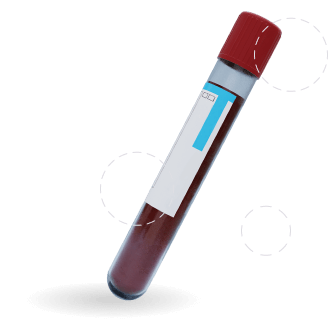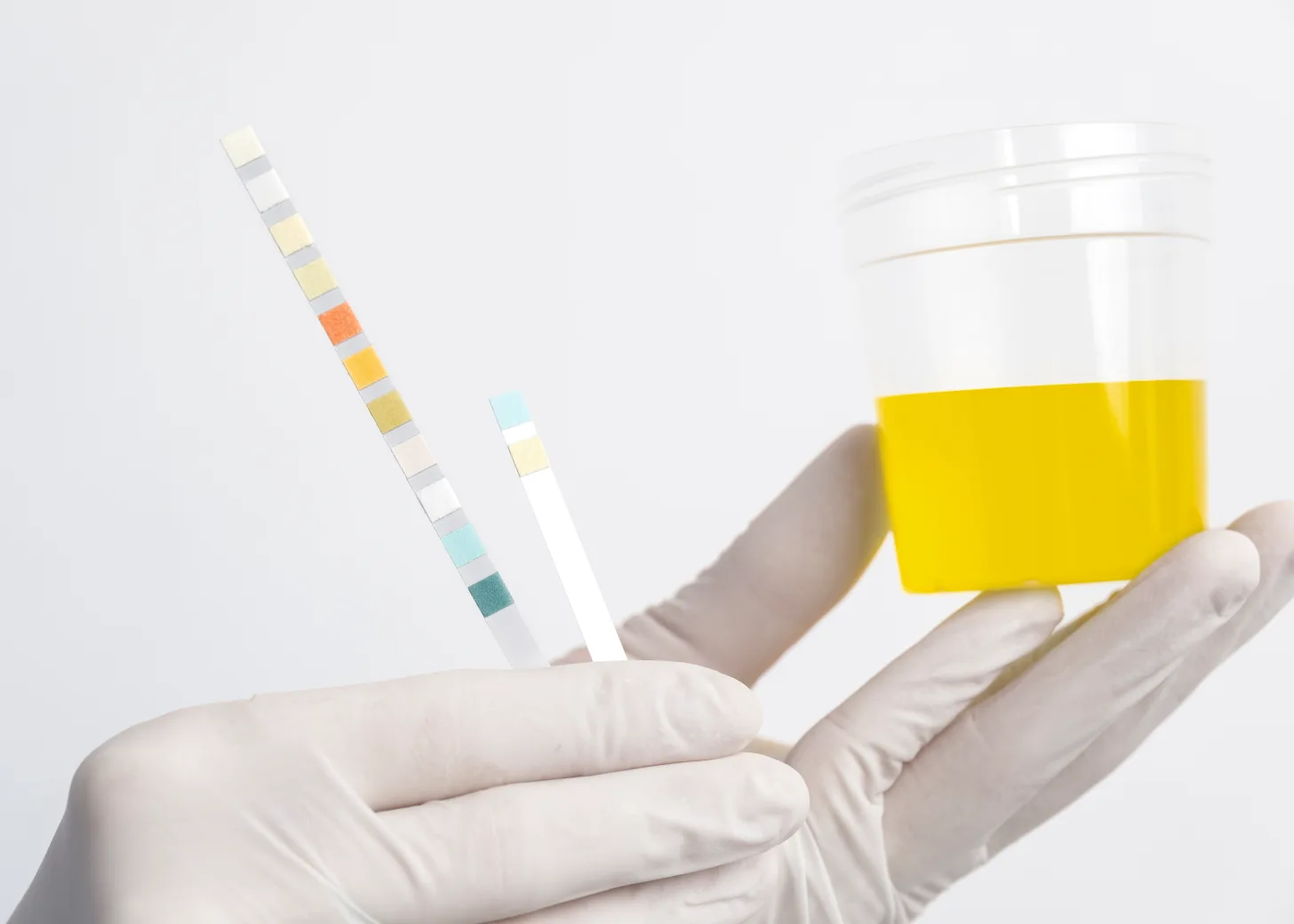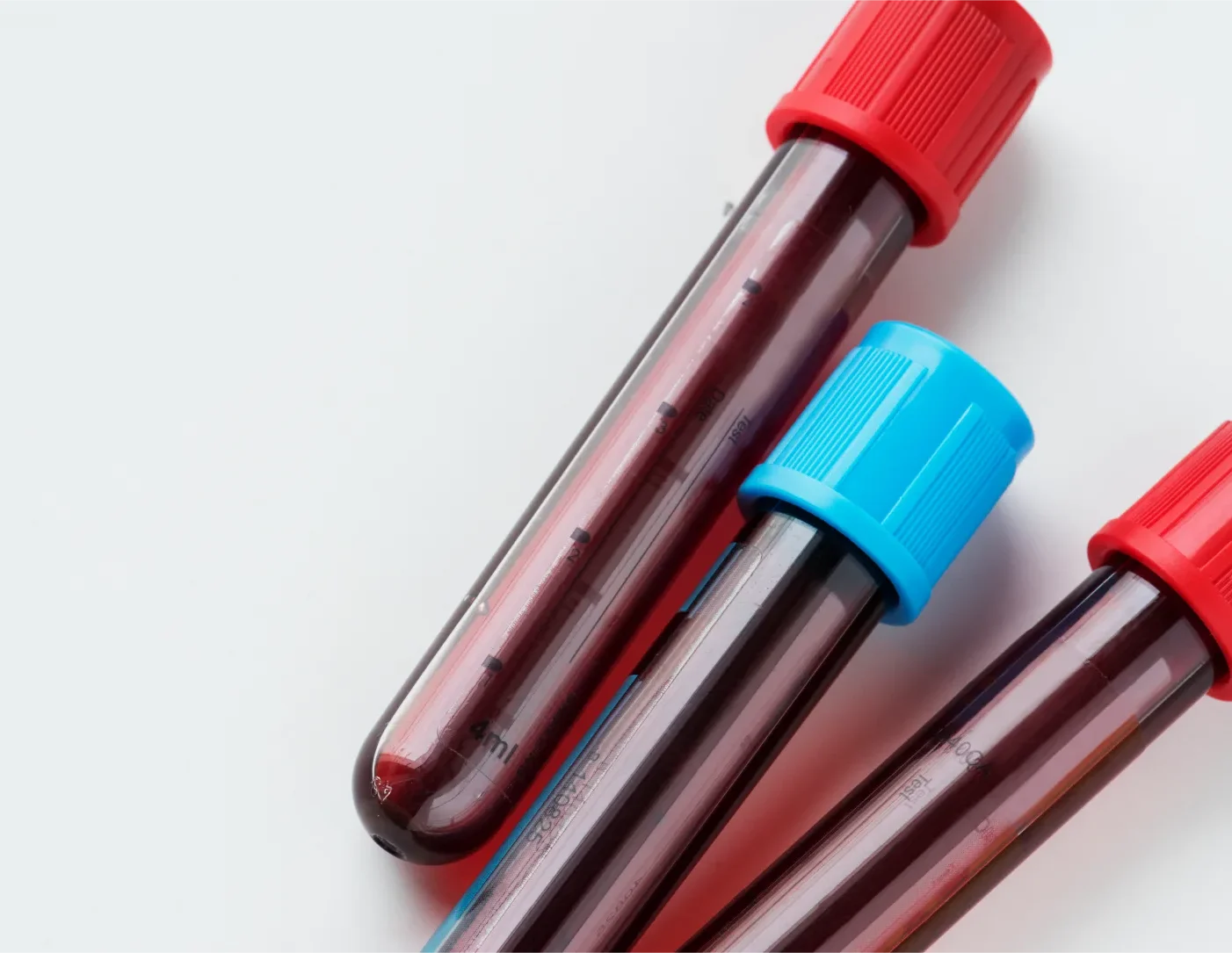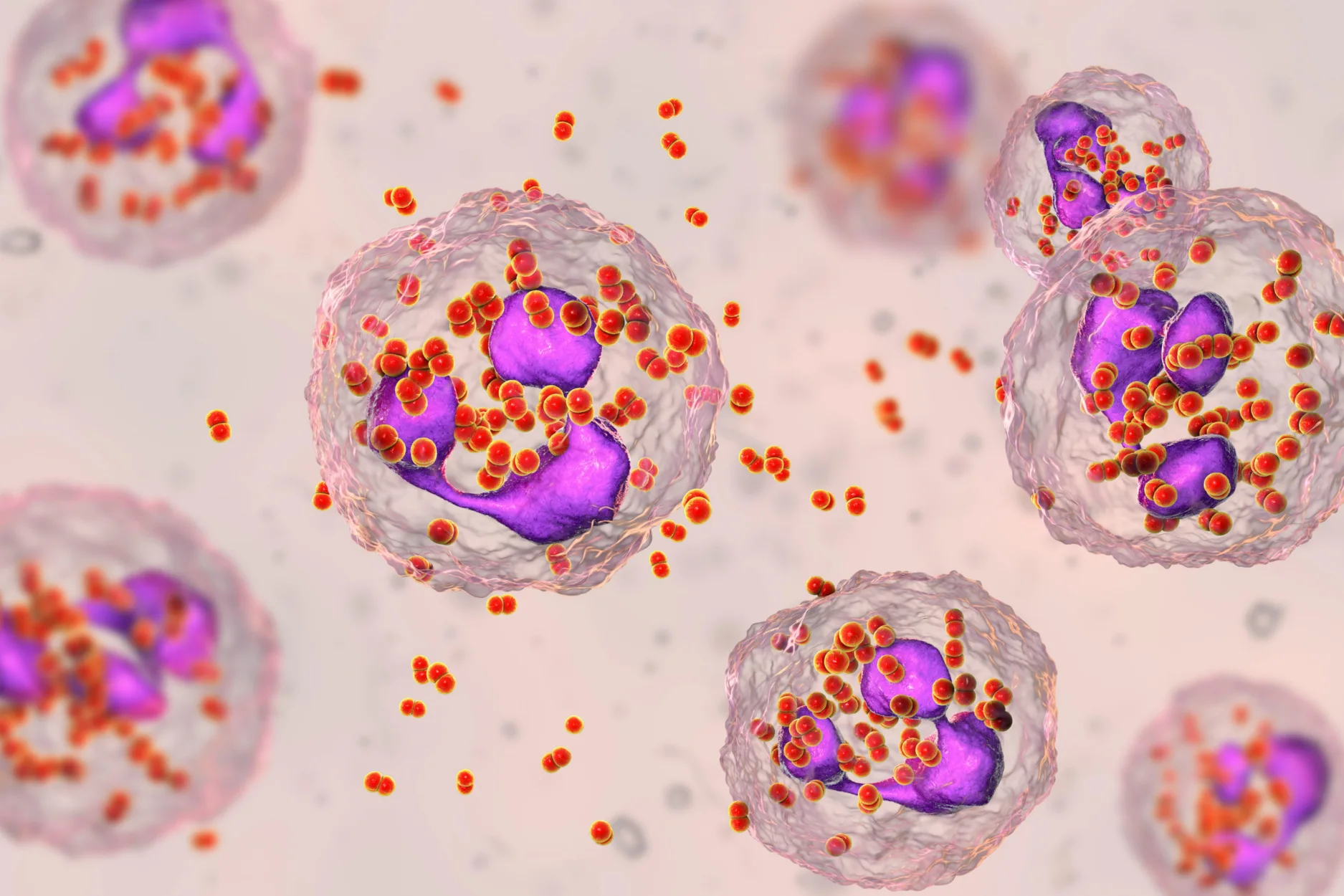Appointment
During testing for herpes simplex virus (HSV), healthcare providers typically use a swab to collect fluid from a blister using a cotton bud. This sample is then subjected to testing, such as a viral culture, which is considered the most accurate method for detecting the virus. Alternatively, individuals can opt for a blood test, especially useful when no visible symptoms are present but there is concern about potential infection. Blood tests primarily check for antibodies against the virus rather than directly detecting the virus itself. This dual approach allows healthcare professionals to accurately diagnose HSV infections, whether symptomatic or asymptomatic, providing clarity and appropriate medical guidance based on the test results.

































